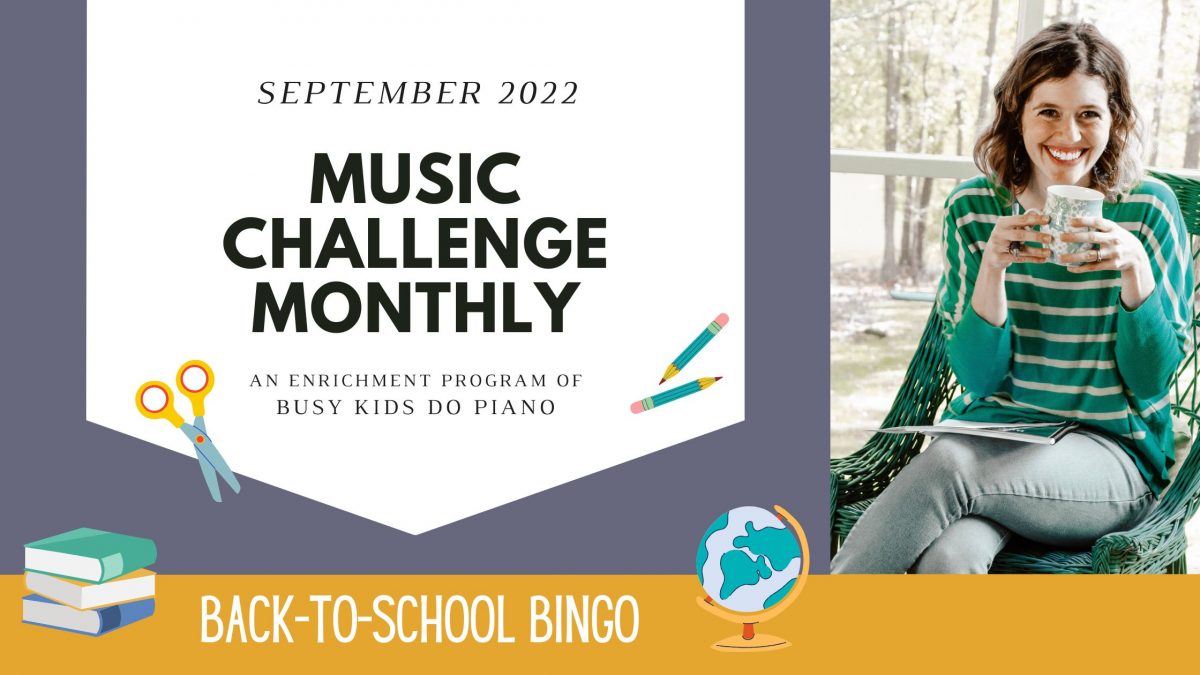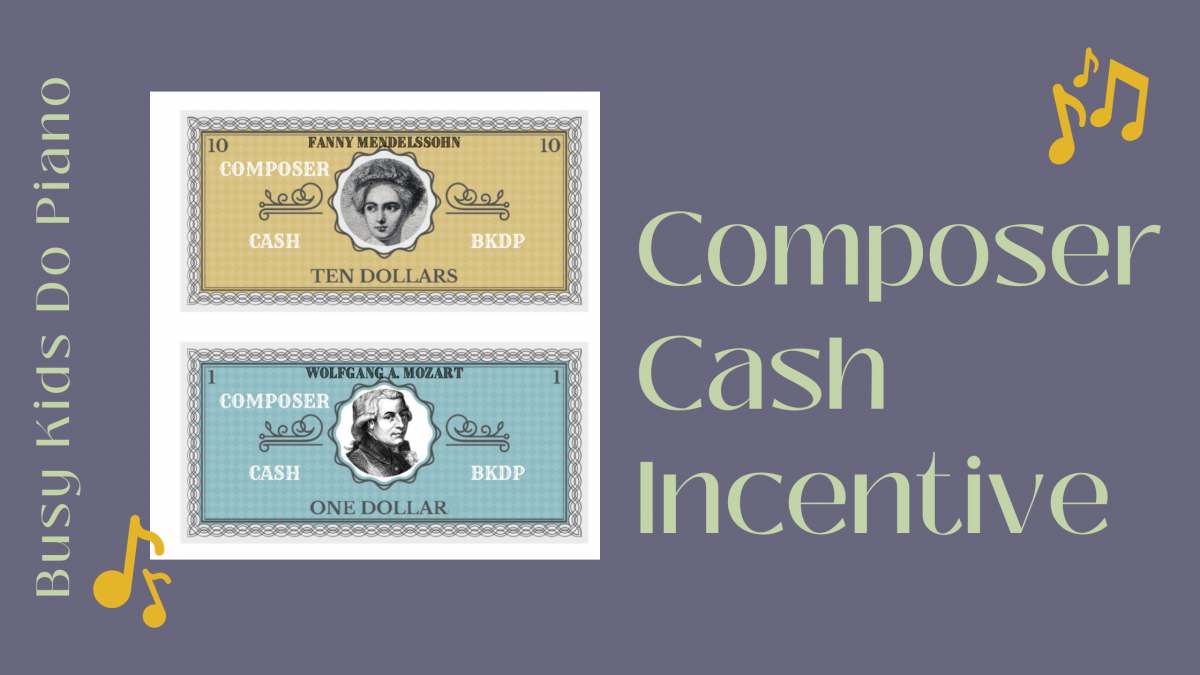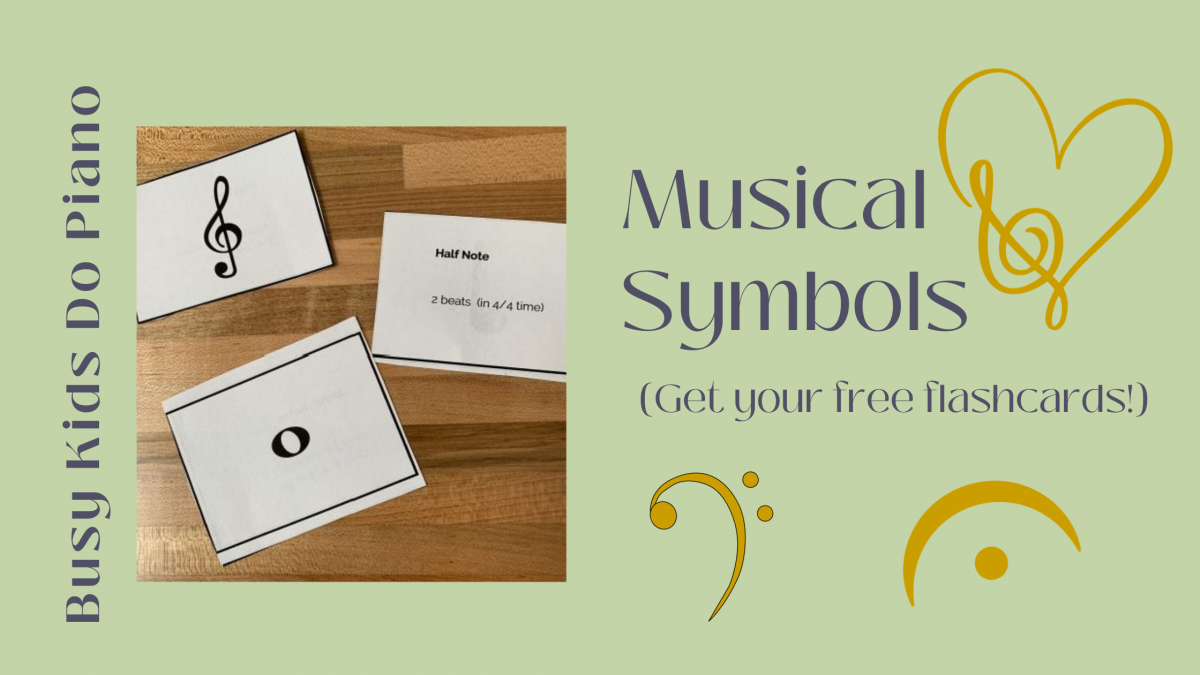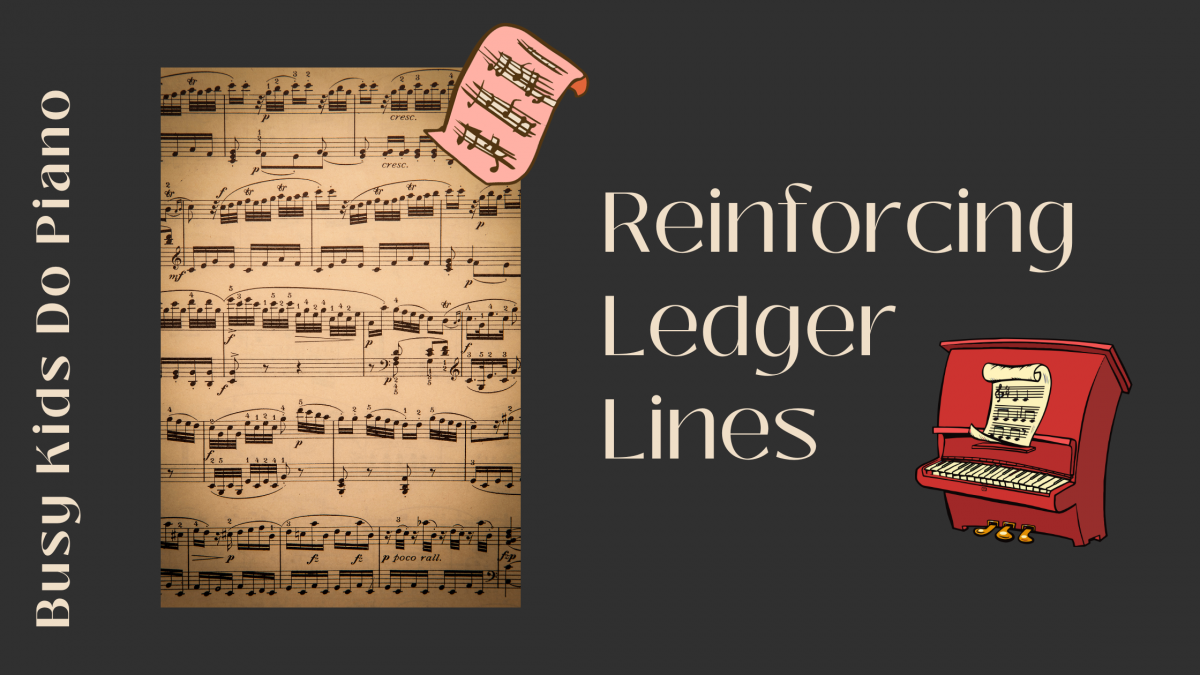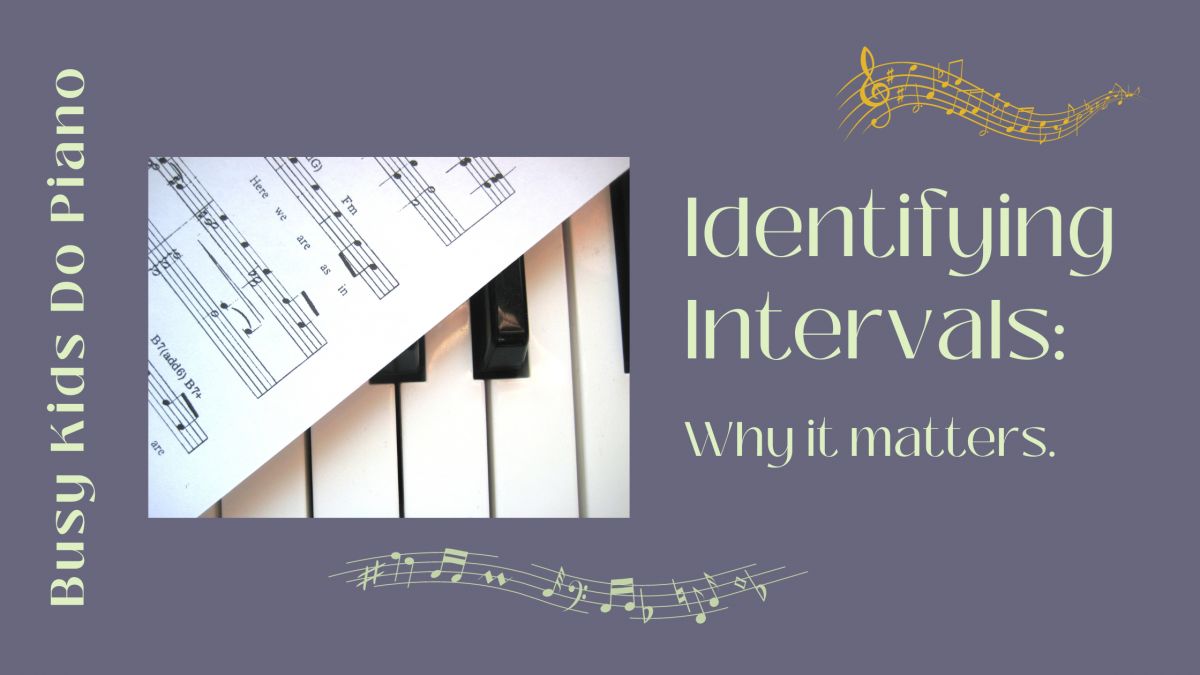The classic game BINGO is a classic for a reason. From kids’ birthday parties to Tuesday nights at the senior center, the game appeals to all ages, in all seasons. I simply had to incorporate it into our Music Challenge Monthly series — a Back-To-School version for September — where I try to offer fun ways to teach supplemental piano theory to your students. Continue reading “Back-to-School Bingo”
Tag: printable games
Composer Cash Incentive
There’s always something nostalgic and appealing about play-money, isn’t there? I grew up playing Monopoly and LIFE, and I remember loving a nice stack of pastel-colored cash. It felt so empowering to earn and spend my money, making grown-up types of deals with high dollar values. I bet you could tell me the color of the $500 bill in Monopoly, right? That’s how impactful these kinds of games are to us as kids!
This month, I wanted to create that feeling for my students. The download contains printable Composer Cash, featuring a different composer on the various bills, as well as a reward chart. But the rest of the challenge is up to you, and provides a great opportunity for you to connect with your student in a meaningful way to discuss not only their piano goals, but also what kinds of incentives mean the most to them. Continue reading “Composer Cash Incentive”
Musical Symbols
Learning to play an instrument is not unlike learning to speak a new language. It’s important to listen, follow the rhythm, understand new vocabulary and structure. Repetition and practice are not just helpful but necessary. Continue reading “Musical Symbols”
Reinforcing Ledger Lines
My 9-year-old daughter and piano student is working her way through Level 4 of my Busy Kids program and transitioning to independent practice. As we were skimming a new piece of music and she noticed many notes were written on ledger lines, she got a little panicky. She grabbed a pencil, figured out what the ledger line notes were and wrote in the names. Continue reading “Reinforcing Ledger Lines”
Identifying Intervals: Why It Matters
When a child learns to read there are many important components to becoming a fluent reader. A child must be able to identify letters and letter sounds, but if he is going to read fluently, he has to move past thinking of each individual letter and letter sound.
The same goes for becoming a fluent note-reader and music player. A proficient pianist isn’t thinking of all the individual notes when she plays a complicated piece of music (can you imagine having all those individual note names flying through your head as you played?!). Continue reading “Identifying Intervals: Why It Matters”

